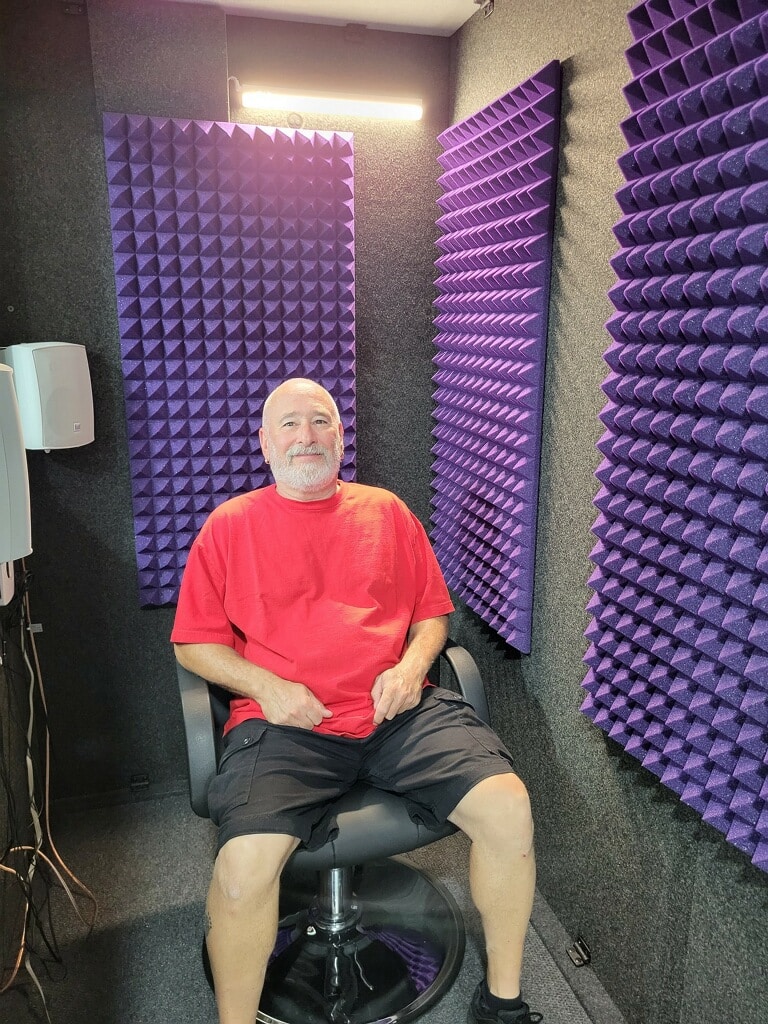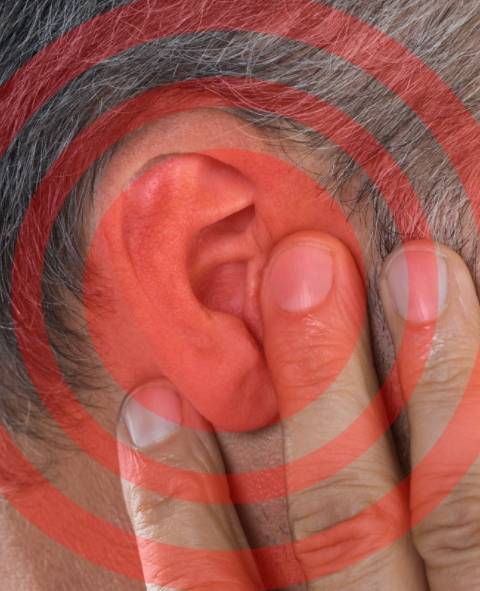For those suffering from tinnitus: How you feel today is not how you will feel in the future. There is hope and we are here for you.
Purpose: Learn about YOUR tinnitus and how it affects your life, as well as possible causes for your tinnitus and strategies for relief and management.
Please bring a close relative (spouse, adult child, etc) to your appointment to get the most out of our time together. Having a support network to help you is invaluable.
Tinnitus is often described as a ringing in the ears, but can also sound like hissing, buzzing, roaring, sizzling, clicking or other noise. Tinnitus can manifest as an acute symptom lasting just a few days, or a chronic or recurring symptom lasting weeks, months or years.
Tinnitus is a symptom of a wide range of health conditions and it is often benign. It can occasionally point to a more serious problem that needs professional medical attention which will be determined during your evaluation.
During a tinnitus evaluation, we will typically administer:
- Otoscopy
We use an otoscope to visualize your outer ear and ear canal and remove any wax, if necessary. You can see inside your own ear, too! - Audiometry
What we like to call the “boring beeps”. It’s a standard measurement to identify the type (conductive, sensorineural, or mixed), shape, and degree of your hearing loss (normal, mild, moderate, severe, and profound or a mixture of several based on frequency). Don’t worry, we’ll pick a stimulus so you can separate our exam sounds from your tinnitus. - Speech evaluation
A variety of speech measurements to assess your speech understanding abilities in quiet and in noise at various volumes. - Immittance Evaluation
Depending on your history and various exam scores, it may be necessary to measure your eardrum movement and acoustic reflex pathways. - Tinnitus Measurement
Depending on your needs, a full tinnitus measurement may be performed. We will measure the pitch and volume of your subjective tinnitus and determine your brain’s reaction to certain stimuli. - Education
Based on your test results and your tinnitus perception, we will discuss management options that are appropriate for you. Counseling for tinnitus can vary significantly based on each individual’s needs. You are as much a part of this decision as we are. - Initial Treatment Plan
We will learn more about your lifestyle, desires, and preferences and make recommendations to get you back to living your best life. Tinnitus is typically a chronic condition but it CAN be managed through a variety of techniques. We will teach you about your options- there is hope! We may try some options while you’re in the office. We will also make any appropriate referrals to other healthcare partners, if necessary.
If you’re one of the five percent of Americans suffering from tinnitus that is “moderately to significantly annoying,” it’s a great idea to schedule an appointment to get answers and resources to improve your quality of life. Dr. Tarvin specializes in tinnitus evaluation and management.


What to Expect During an Evaluation
When evaluating a patient with tinnitus, we have several goals we hope to accomplish:
- Identify the underlying cause of your tinnitus symptoms
- Determine if your tinnitus is subjective or objective
- Evaluate how your tinnitus is affecting your speech reception
- Assess whether you’re experiencing hyperacusis (sound sensitivity)
- Pinpoint the frequency and loudness of the sound you’re hearing.
One of the goals of an evaluation is to rule out what is not causing your tinnitus symptoms. Some common causes include hearing loss, ear bone changes, inner ear disorders, blood pressure changes due to an underlying condition and even certain medications.
Tinnitus-Related Questionnaires
Questionnaires your provider may have you complete include:
- Tinnitus and Hearing Survey
- Tinnitus Functional Index
- Tinnitus Handicap Inventory
- Depression and Anxiety Questionnaires
Because tinnitus can be difficult to pinpoint, questionnaires can help to identify causes that a patient may not have considered. The Tinnitus Functional Index is designed to identify the impact of tinnitus on areas from sleep to the ability to relax. The Tinnitus Handicap Inventory can help determine the perceived impact tinnitus is having on a patient’s daily life.


Types of Tinnitus
Tinnitus only you can hear is called subjective. Subject tinnitus is the most common type and is often caused by ototoxic medications or one of many audiological, neurological, metabolic and psychological conditions.
Objective tinnitus is much rarer and the sound it causes can be heard by the patient and an outside examiner or observer. This type of tinnitus is often tied to underlying vascular or neurological problems.
Tinnitus Treatment
Tinnitus management is possible for everyone with the right mindset and motivation. Regardless of how bad it may seem right now, there is hope! We have a variety of options and resources that we discuss when developing your individualzed treatment plan.
